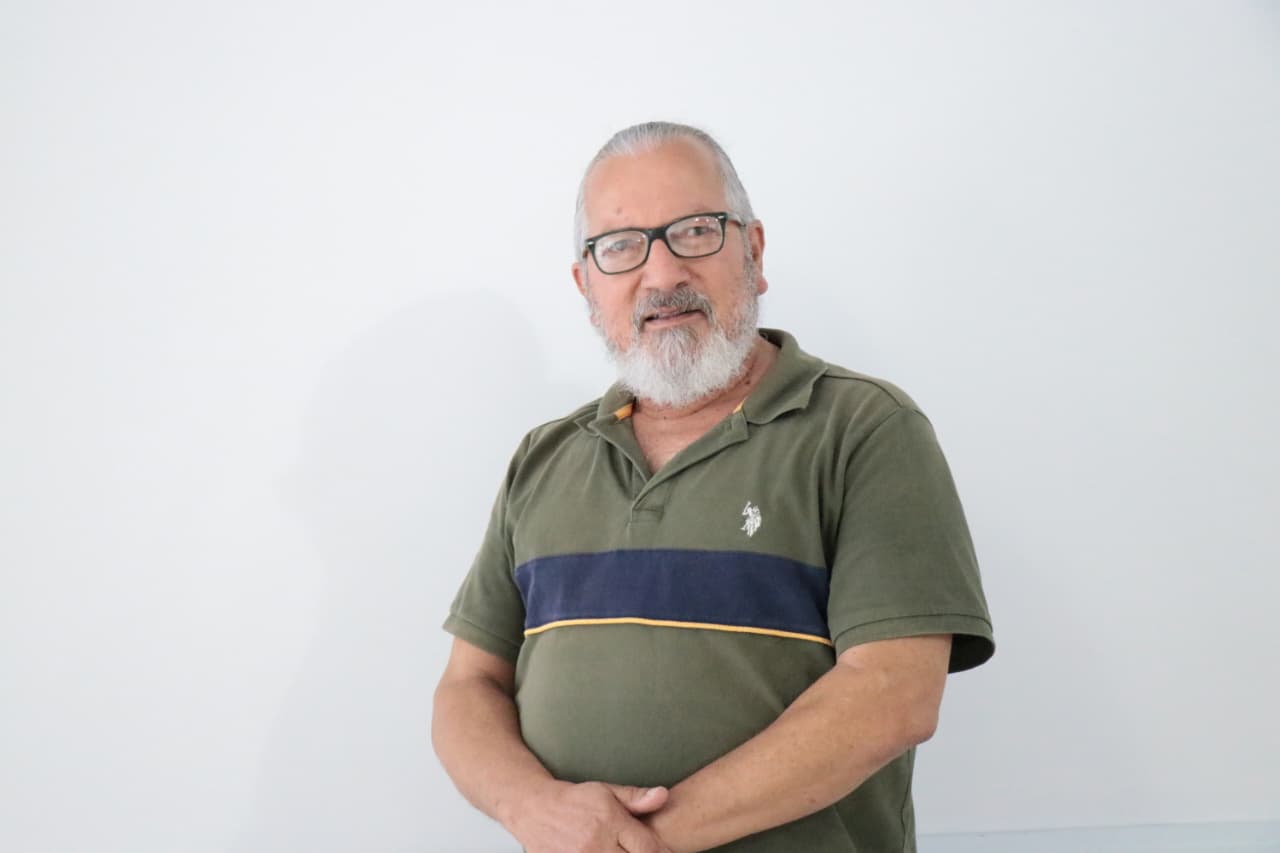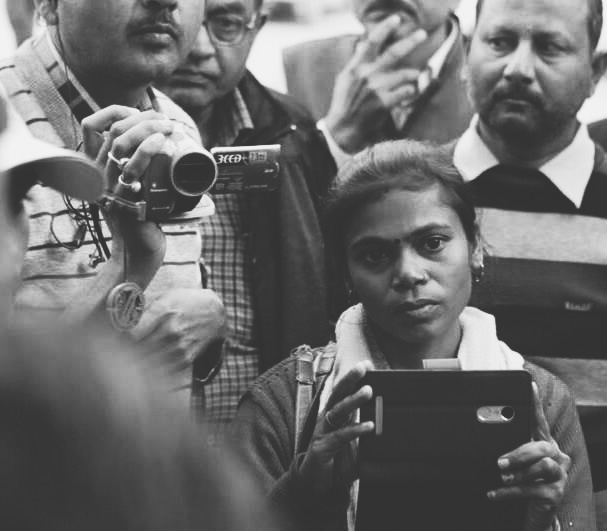Remarks by UN Under-Secretary General and UN Women Executive Director Sima Bahous at the UN Security Council meeting on ‘Women and peace and security’ on 6 October 2025, UN Headquarters.
New York – We meet on the eve of the twenty-fifth anniversary of UN Security Council resolution 1325 — a milestone born of the multilateral system’s conviction that peace is more robust, security more enduring, when women are at the table. Yet the record of the last 25 years is mixed: bold, admirable commitments have been followed too often by weak implementation and chronic under-investment. Today, 676 million women and girls live within reach of deadly conflict, the highest since the 1990s. It is lamentable, then, that we see today rising military spending and renewed pushback against gender equality and multilateralism. These threaten the very foundations of global peace and security.
***
Even in Afghanistan, UN Women’s ongoing monitoring shows that 92 per cent of Afghans, men and women both, think that girls must be able to attend secondary education. It is also striking that a majority of Afghan women say they remain hopeful that they will one day achieve their aspirations. This, despite everything they endure under Taliban oppression. Their hope is not an idle wish, and it is more than a coping mechanism. It is a political statement. A conviction. An inspiration.
***
As we meet to discuss the women, peace and security agenda, the painful situation in the Middle East, especially for women and girls, remains on our minds and in our hearts. Two years into the devastating Gaza war, amid the killing, the pain and the loss, a glimmer of hope emerges.
***
We hope that this will lead to a just and lasting peace for Palestinians and Israelis alike where all women and girls live with dignity, security and opportunity.
***
The trends documented in the Secretary-General’s report should alarm us. It is understandable that some might conclude that the rise and normalization of misogyny currently poisoning our politics and fueling conflict is unstoppable. It is not. Those who oppose equality do not own the future, we do.
The reality is that globally, suffering and displacement will likely rise in the face of seemingly intractable conflicts and growing instability. And it is a painful fact that we must be prepared for the situation to become worse before it becomes better for women and girls.
This will continue to be exacerbated by short-sighted funding cuts that already undermine education opportunities for Afghan girls; curtail life-saving medical attention for tens of thousands of survivors of rape and sexual violence in Sudan, Haiti and beyond; shutter health clinics across conflict zones; limit access to food for malnourished and starving mothers and their children in Gaza, Mali, Somalia and elsewhere, and fundamentally will erode the chance for peace.
Yet despite the horrors of wars and conflicts, women continue to build peace.
***
In the next 25 years of the critical women, peace and security agenda, it is crucial that we see funding earmarked, robust quotas implemented, clear instructions and mandates, and accountability measures in place that make failures visible and have consequences.
***
When women lead, peace follows. We made a promise to them 25 years ago. It is past time to deliver.




